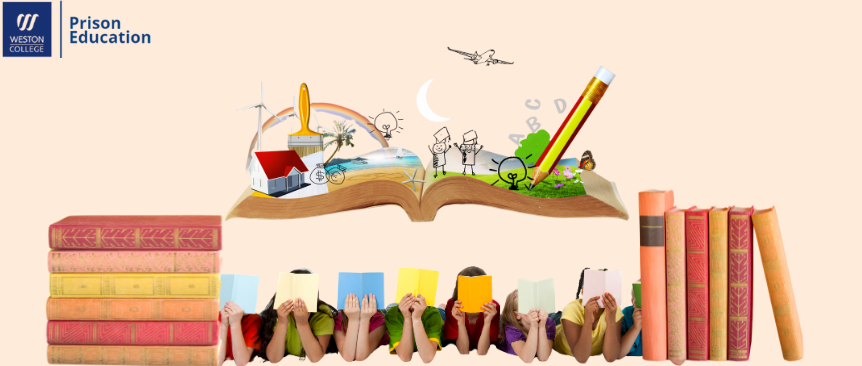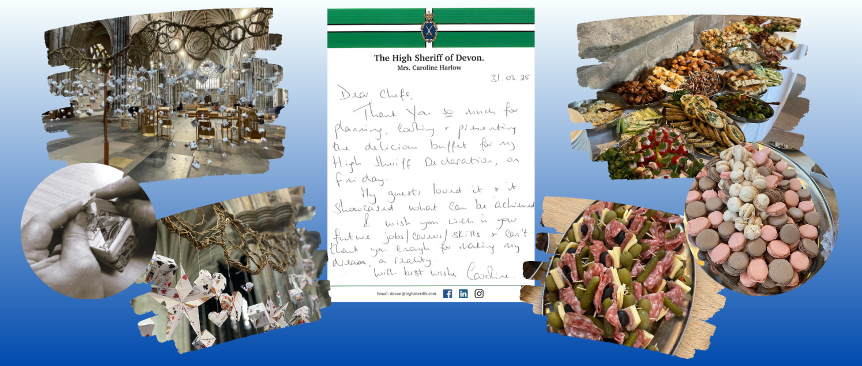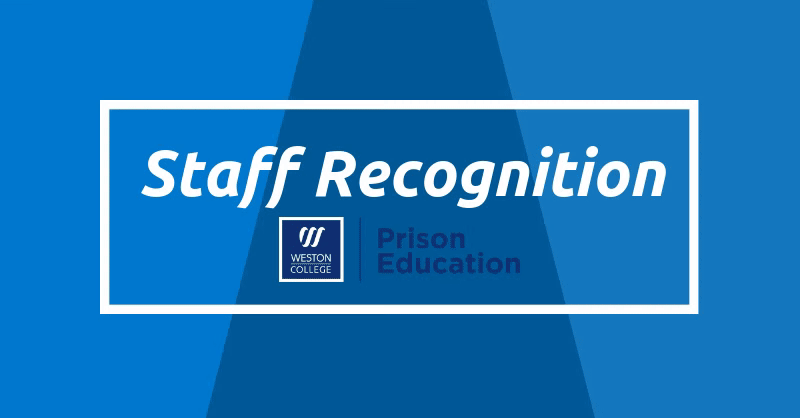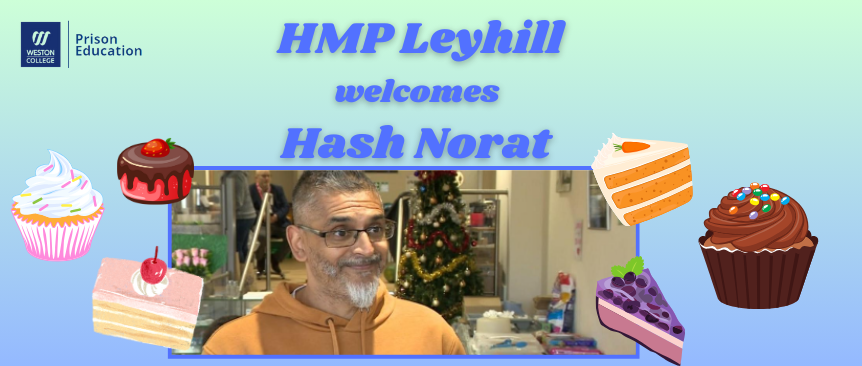Prison
Education
Kamali – a Student’s Amazing Transformation
University Centre Weston student Kamali Stevens jumped up and punched the air in delight when he was announced as the winner of the Higher Education Student of the Year Award at this year’s Association of Colleges (AoC) annual conference.
The 41-year-old’s elation at that moment was understandable. He had undergone an incredible journey from prisoner to prison reformer, after being failed as a child by the systems designed to protect him.
Now he is about to complete his BA (Hons) in film and media arts production from University Centre Weston (part of Weston College Group) and is working with senior leaders within the prison service to implement cultural change. He is also developing an app supporting those leaving custody to stay on the right track.
“To come on the national stage and be recognised just blew my mind,” he said.
“Just three years ago, I didn’t even have a basic school education. It was a hard childhood, and I held on to that anger for so long. I poisoned myself with rage and resentment for being let down.”
Kamali decided he wanted to do a degree while still in prison, where he did an access to HE course through the Open University and went on day release to attend an interview at University Centre Weston.
He “didn’t think anything would come of it”. However, Weston staff told him: “‘Don’t worry, we’ve had people who have done worse crimes than you and given them a chance. We take you on the merit of who you are today.’”
Kamali is currently commuting to college from West London, where he is a single dad to his youngest son, 11, and daughter, 10. They came over to the UK from Antigua to live with Kamali in September, so he could “provide a better future” for them.
It’s “a lot of back and forth”, and Weston has been “really flexible” so he can “juggle work with school runs”.
One of the most moving moments of the AoC ceremony for Stevens was not the rapturous applause he received upon collecting the award, but the conversation he had with a porter who approached him as he was leaving.
She told him, “I want my son to be like you. He’s going through some difficulties, but your story gave me hope.”
Kamali said: “For me, that’s so important because a lot of those who’ve gone through adversity don’t see people like themselves reach those heights. If they can see someone who reflects who they are, they’ll believe they can do it themselves.”
Kamali’s journey into crime began in childhood, marked by a strained relationship with his mother and a lack of paternal presence. Subjected to her disciplinary measures, Kamali often felt fearful and sought solace by running away. At the age of seven, he found refuge on his grandmother’s farm in the Caribbean, where he experienced a sense of freedom and connection with nature. Despite early academic promise, Kamali returned to the UK for secondary school, where he succumbed to peer pressure and resorted to dishonest means to afford material possessions. This downward spiral escalated when his mother’s rejection led him into the criminal justice system, ultimately resulting in his placement in a children’s home.
The rivalry between gangs in Slough and Reading added complexity to Kamali’s situation. Introduced to crack cocaine at just 13 while in a secure unit, he faced challenges at school, often disappearing for extended periods. At 14, he was expelled for a crime he denies, leading to a series of placements in children’s homes and temporary accommodations. Feeling abandoned by social services, Kamali struggled with unresolved trauma and turned to drugs to cope. With no qualifications, he felt trapped in a cycle of crime, culminating in a stint for aggravated burglary in 2017.
However, a turning point came when Kamali met Dr. Sarah Lewis at HMP Guys Marsh. Through Lewis’s rehabilitation initiative, The Growth Project, Stevens found purpose as a researcher. His contributions, including the play “Choices,” which he wrote in one night, earned acclaim for its emotional impact and positive portrayal of inmates. Now, as a consultant, Kamali continues to reshape perceptions of prisoners, bridging the gap between incarceration and rehabilitation.





